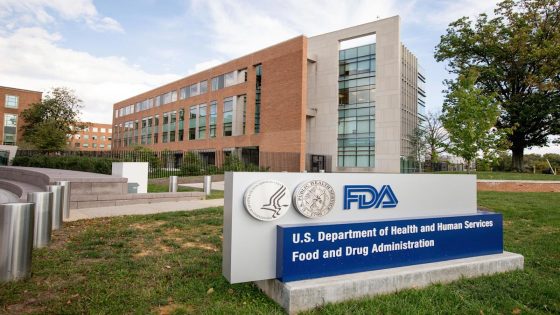Uber’s recent financial report highlights its resilience in a competitive global market. The ride-hailing giant, led by CEO Dara Khosrowshahi, attended the World Economic Forum in Davos on January 23, 2025, where discussions on innovation and technology took center stage.
- Uber beats earnings expectations, misses revenue growth
- Net income rises to $1.78 billion
- Mobility and delivery bookings increase year-over-year
- 170 million monthly active platform consumers
- Autonomous vehicles viewed as major opportunity
- Waymo partnership exceeds expectations in Austin
On May 7, 2025, Uber announced first-quarter results that surpassed earnings expectations but fell short of revenue forecasts, causing shares to dip by about 5%. This mixed performance raises questions about the company’s growth trajectory.
As Uber navigates evolving market dynamics, its focus on autonomous vehicles could redefine mobility. With increasing competition, how will Uber maintain its edge? Key insights include:
- Global ride-hailing demand remains strong, with a 14% revenue growth year-over-year.
- Uber’s partnerships with companies like Waymo and Volkswagen highlight its commitment to AV technology.
- Increased bookings across mobility and delivery sectors signal robust consumer interest.
- Monthly active users reached 170 million, indicating a growing customer base worldwide.
Looking ahead, Uber’s strategic initiatives in autonomous technology and global partnerships may significantly impact the future of urban mobility. Will these efforts secure its position as a leader in the evolving landscape?































